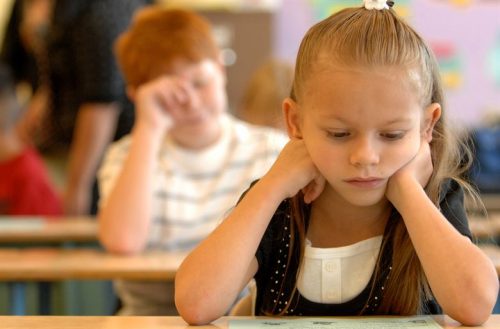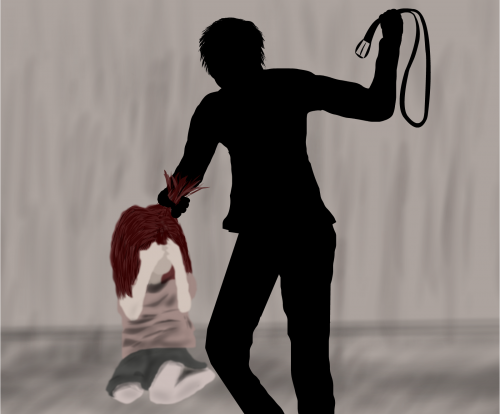As educators, we need to instinctually put into mind that a student’s poor academic performance doesn’t always mean he or she has low IQ or is a slow learner. Low grades could be more than just numbers. And misbehaviors could be more than just a bad attitude.

Many factors could affect a child’s performance in school. In this article, let’s discuss the family-related ones. As the family is society’s most fundamental unit, whatever happens to it or within it affects its composing members in many ways including the kids.
So, as teachers, these are the four family-related factors we need to look out for when our students perform poorly in a classroom setting or act violently, inappropriately within the school grounds and even out of them.
- The Disintegration Of The Family
One popular news portal ran a commentary on how the traditional family form – that is the family composed of husband, wife, and kids – is fast becoming endangered and on the brink of extinction in the US. Divorce stats are on the rise and the most affected are the members caught between the wars waged by the fighting parents – the children. “Divorce is not something that should never be entered into lightly. It means an end to that relationship and the breakup of a family, which can be greatly traumatizing to the children of that marriage.” That is according to Jennifer Baxt, LMFT, LMHC.
Many studies connect divorce to depression, anxiety, behavioral problems, and even suicide among kids and teens. This myriad of negativities might be brought about by seeing an equally struggling single parent who’s also trying to cope up with depression and financial difficulties while trying to provide the necessities of those dependent on him or her. A single parent might put in more working hours to meet his or her family’s needs, thereby, making the children feel neglected, lonely and depressed, too.
However, in divorce cases wherein the parents have an amicable separation, agree to co-parent for the sake of their kids with both parties making compromises that benefit the latter, divorce’s damaging effects are reduced.
- Financial Instability
“In many instances, the link between mental and financial health is cyclical—poor financial health leads to poor mental health, which leads to increasingly poor financial health, and so on.” Elizabeth Scott, MS, a wellness coach said. Poverty and economic uncertainty also have undesirable effects on a kid’s capacity to learn. For example, children of more impoverished families might have to contend with hungry stomachs when schooling. Furthermore, most kids living in impoverished conditions not only suffer from poor nutrition but they also lack parental support, supervision, and role-modeling with most parents encouraging them to work instead of going to school to help support their living.
Lastly, poverty-stricken neighborhoods are mostly high-danger zones, and most data show that children staying in these areas have higher cortisol levels (our stress hormones) which is linked to impaired cognitive development.
- The Parents’ Attitudes Towards Education
How parents think about education and the educational attainments of their children factor in the latter’s cognitive capabilities. While the former’s educational accomplishments also matter, it’s their attitude towards schooling and how they support or not their kids’ school undertakings inspire the latter’s academic success or failure.
As one psychiatrist puts it: “Children encouraged by their parents to aim higher attain more academic success than those whose parents don’t or show passivity.”
- Abuse

Abuse can happen in many ways – physical, verbal, emotional, sexual, neglect, with some kids even suffering from substance abuse. Abused children often engage in high-risk behaviors, do a complete turnaround with regards to their character and the way they act (e.g., an outgoing child might suddenly become timid, sulky, and emotional) and act out in school. They also might have problems getting along with the other kids or focus and complete their school works. “Nothing ruins self-esteem like surrounding yourself with people who abuse or neglect you,” says Karen R. Koenig, MEd, LCSW
As educators, we must be sensitive to these factors. We also need to address them in the best way we can with crucial emphasis on the fourth one. The success, progress and maybe even the life of our students lie within our hands.
